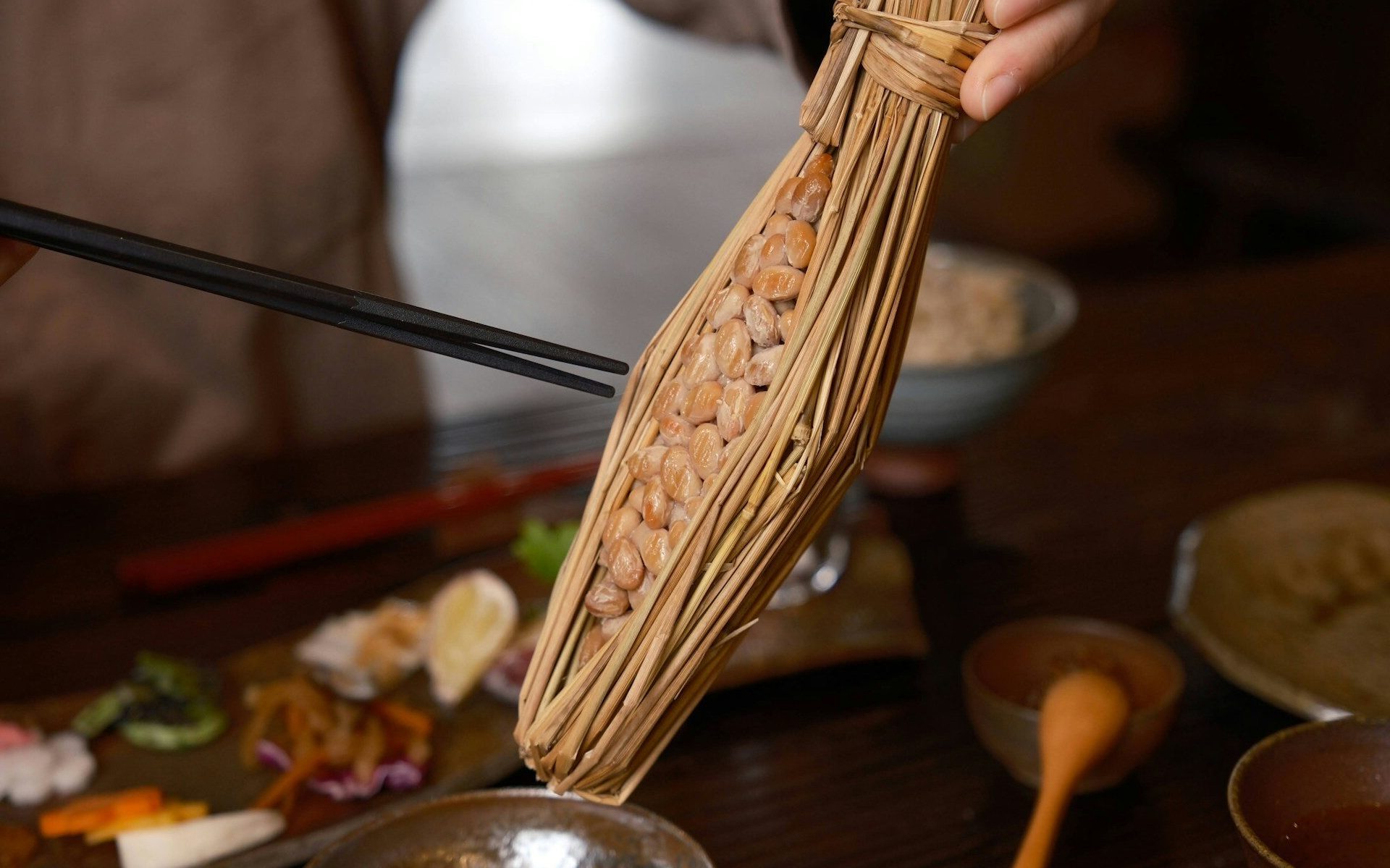Vitamin K: The Unsung Supporter of Nutrition
Step aside, Vitamin C and D, and make room for the unsung guardian of our wellness—Vitamin K! Often overlooked in the nutrient pantheon, Vitamin K is crucial for blood clotting, bone health, and heart health. Let’s uncover the mystery of this unsung hero and how you can ensure you’re getting enough.

What is Vitamin K?
Vitamin K refers to a group of fat-soluble vitamins that play a critical role in blood clotting, bone metabolism, and regulating blood calcium levels. There are two main forms: K1 (phylloquinone) found in green leafy vegetables, and K2 (menaquinone) produced by gut bacteria and found in fermented foods and animal products.
Benefits of Vitamin K
Promotes Blood Clotting: The “K” in Vitamin K stands for “Koagulation” (coagulation in German), highlighting its essential role in the blood clotting process. Vitamin K activates proteins that play a part in blood clotting, preventing excessive bleeding when injuries occur.
Supports Bone Health: Vitamin K is vital for bone health. It activates osteocalcin, a protein that binds calcium to bones, thus improving bone density and reducing the risk of fractures. Recent studies suggest that high Vitamin K intake is associated with a lower risk of bone fractures in the elderly.
Improves Heart Health: Vitamin K also contributes to heart health by preventing calcium from depositing in the arteries and blood vessels. This process, known as calcification, is a risk factor for heart disease. By activating Matrix Gla Protein (MGP), Vitamin K helps keep the arteries flexible and free from calcification.
Sources of Vitamin K
- Vitamin K1: Found abundantly in green leafy vegetables like kale, spinach, and broccoli. Just a half cup of cooked spinach provides over 500% of the daily value!
- Vitamin K2: Present in fermented foods like natto, a Japanese fermented soy product, as well as cheese.
The only source is different, so you can reckon them as the same material as Vitamin K.


Daily Requirements and Recommendations
The recommended daily intake of Vitamin K varies by age and gender. Adults need approximately 150 mg per day. Unlike other fat-soluble vitamins, Vitamin K is not stored in significant amounts in the body, making regular intake important.
Ingredients High in Vitamin K (per 100g)
- Parsley 850mg
- Basil 440mg
- Kale 210mg
- Spinach 270mg
- Turnip Greens 230mg
- Broccoli 210mg
- Natto(fermented soybeans product) 600mg over

Incorporating Vitamin K into Your Diet
Eating a varied diet is key to getting enough Vitamin K. Include a serving of green leafy vegetables in your meals, and explore fermented foods.
The key is to go green and darker is better. Spinach, kale, and green leaves can be the base of a vibrant salad, leafy green-packed omelet or a nutritious addition to smoothies. It ensures you get a hefty dose of Vitamin K with minimal effort. And don’t overlook the power of herbs; adding parsley, basil, or cilantro to dishes can significantly boost your Vitamin K intake and make your daily meals more enjoyable.


For those looking for fermented foods, natto of traditional Japanese soy products is the strongest vitamin K source. Although it’s too unique taste to eat it may not be for everyone, I highly recommend it as a Japanese dietitian.

Conclusion
Vitamin K may not always be in the nutritional spotlight, but its role is a lot and makes it a brilliant nutrient in its own right. By diversifying your diet to include rich sources of Vitamin K, you can support your body’s health in multiple, vital ways. Remember, when it comes to nutrients, every vitamin counts — even the unsung heroes like Vitamin K.